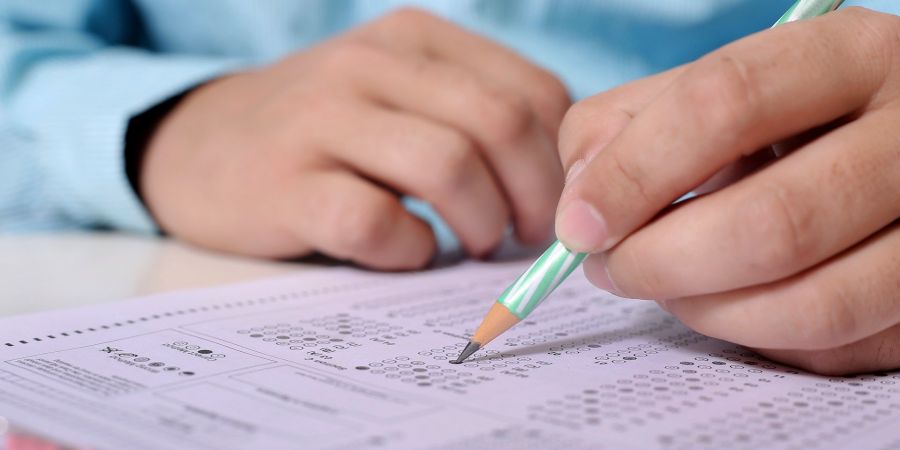

1.UPSC
The UPSC IAS exam is one of the most difficult and competitive exams occur in India today. Applicants need to cover the main curriculum, and Indian history, Indian geography and human rights law are considered important subjects. Every year million oof student appear fofor thithis exam bubut only few candidate able to clear this exam .
The exam is conducted in three stages.
Stage 1: Preliminary test
Stage 2: Main exam
Level 3: Personality test or interview
The IAS exam has a median of over 8,000 candidates each year, with approximately 10,000 candidates in 2017 and 2018. Unfortunately, the success rate of candidates is between 0.1% and 0.3%. There is a little more context about it for a particular year.
According to the 69th Annual Report, approximately 10,000 candidates will apply for preliminary screening. However, only about 5,000 people participated in the qualifying round, of which nearly 13,000 passed the main exam, Level 2. Since then, only about 3000 candidates have reached level 3. At this stage the candidates moved forward and only half of them were selected for processing. However, the last vacancy appeared as 796. This demonstrates the nature of their rigorous selection process.
Responsibility of people working in central government services such as Indian Government Services, Indian Field Services, Indian Police Services. For this reason, the UPSC IAS trial and its process are inherently rigorous and phobic.
IITJEE Entrance Exam
IITJEE is an entrance exam for engineers that allows students to enroll in the best engineering laboratories in India. It is considered the second toughest exam in India. Students wishing to enroll in a centrally funded technical institution are finalists based on IITJEE's two core levels, JEE Main and JEE Advanced. To create JEE Advanced, you need to complete JEEMain.
students who pass the JEE Main can apply for undergraduate courses in engineering, architecture, or science offered by selected universities, with the exception of IIT-based or IISc-based institutions. They only accept successful JEE Advanced candidates. This is done by providing the All India Rank (AIR) number in the exam. The higher the rank, the more likely you are to enroll.
The pass rate recorded so far is that 1 in 45 candidates passed the exam. Keeping this as a computable ratio for future prospects, for example, we can assume that only Rs 10,000 to 2,200,000 candidates can pass the exam. Similarly, students of 120,000 to 140,000 rupees compete for JEE Main every year, and only students of about 22,000 rupees are qualified for JEE Advanced. However, of the 20,000 rupee qualifications, only 11,000 students are enrolled in India's top engineering institutions.
GATE (Aptitude test for engineering science)
The GATE exam is conducted to enroll students in master's and doctoral programs in engineering, technology, architecture and science. It is also a solid admission standard for various state engineering schools, including IIT and NIT. The
GATE score is valid for up to 3 years from the date of issue upon receipt. It is also accepted by some government PSUs (Public Sector Businesses). However, there are some eligibility criteria that you must meet before you can enroll in the exam.
There is no age limit, but make sure you meet at least one of the following criteria:
Get at least a bachelor's degree in the appropriate engineering or scientific field. Get at least a master's degree in any of the fields of mathematics, science, statistics, or computer applications. Students in the final year of a bachelor's or master's degree






